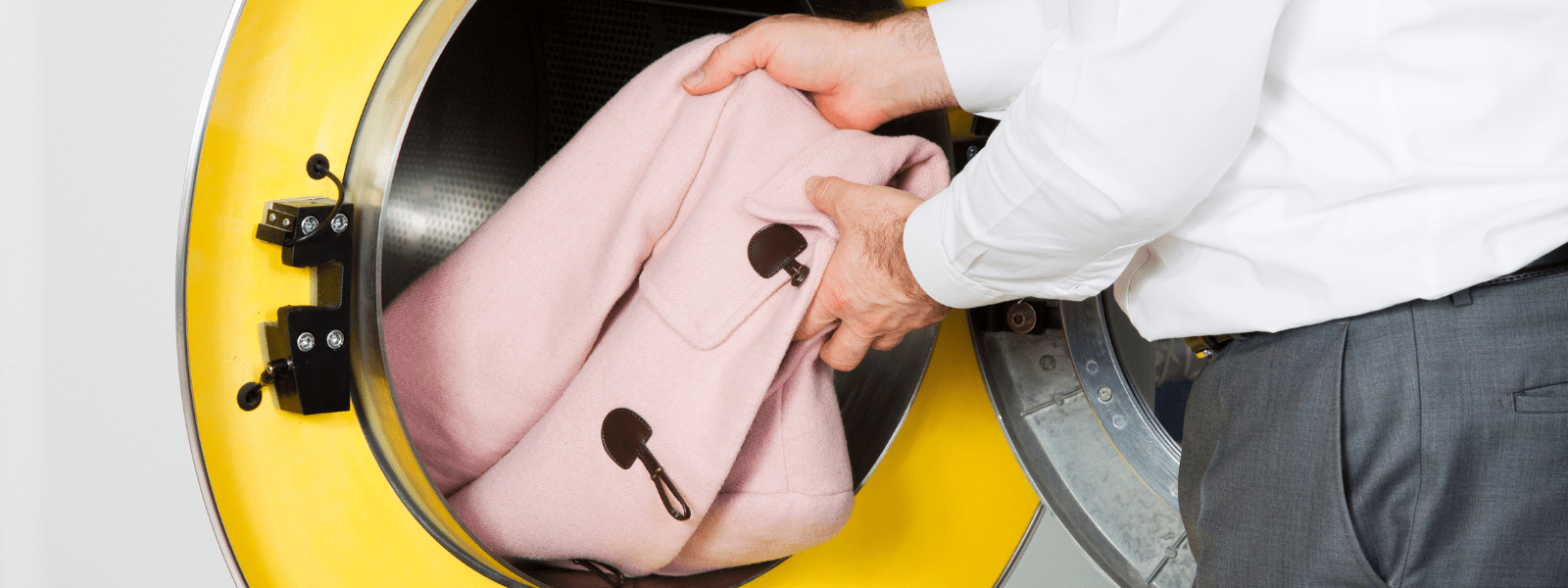Trichloroethylene, also known as TCE, is an organic solvent used in a variety of both industrial and commercial applications. Used by itself or as an additive in solvent-based products, many consumers are wondering if this highly toxic chemical is also found in their everyday products, including dry cleaning products.
In this blog post, we’ll take a closer look at the uses of this chemical in commercial settings, and determine if TCE is used in dry cleaning.
Industrial and Commercial Applications for TCE
Here are some of the most common applications used for TCE in industrial and commercial settings:
- Degreasing – Primarily, it is used as a degreasing agent for metal equipment and parts. It is a popular choice for vapor degreasing processes, because of its desirable properties.
- Refrigerant manufacturing – It is also used in the production of hydrofluorocarbon (HFC) refrigerants.
- Extraction processes – Additionally, it is occasionally used as an extraction solvent for the removal of fats, waxes, and oils, mainly in the textile industry.
- Additive – The solvent is added to various types of household products, such as cleaning wipes, carpet cleaners, paint removers, stain removers, adhesives, and lubricants.
Is Trichloroethylene Utilized in Dry Cleaning?
Trichloroethylene has been a long-standing chemical utilized in dry cleaning and spot removal processes, but its safety towards dry cleaners’ health has been questioned in recent years. In 2012, California enacted a ban on using TCE or TCE-based products for dry cleaning. TCE has also been banned in the use of consumer products in the EU.
These bans signify the slow phasing out of the solvent in both industrial and commercial processes, as its toxicity and negative health effects have been exposed:
- A known carcinogen, TCE has been linked to kidney cancer, liver cancer, and lymphoma.
- Moderate exposure can cause dizziness, headaches, nausea, confusion, or lack of coordination.
- High exposure levels can cause kidney damage, liver damage, neurological damage, permanent cardiac issues, respiratory irritation, endocrine effects, reproductive damage, coma, and potential death.
Because of the risks associated with trichloroethylene, companies are beginning to incorporate safer chemicals that are not only worker-friendly but also eco-friendly. There are options available that can effectively replace hazardous solvents like trichloroethylene without compromising quality.
Interested to learn more about trichloroethylene dry cleaning solvents?
Ecolink provides a selection of various industrial-grade solvents for your business needs. Our products are environmentally preferred, worker-friendly, and cost-effective. You can browse our selection here, or reach out to Ecolink staff here for help finding the best product for your company’s needs!















